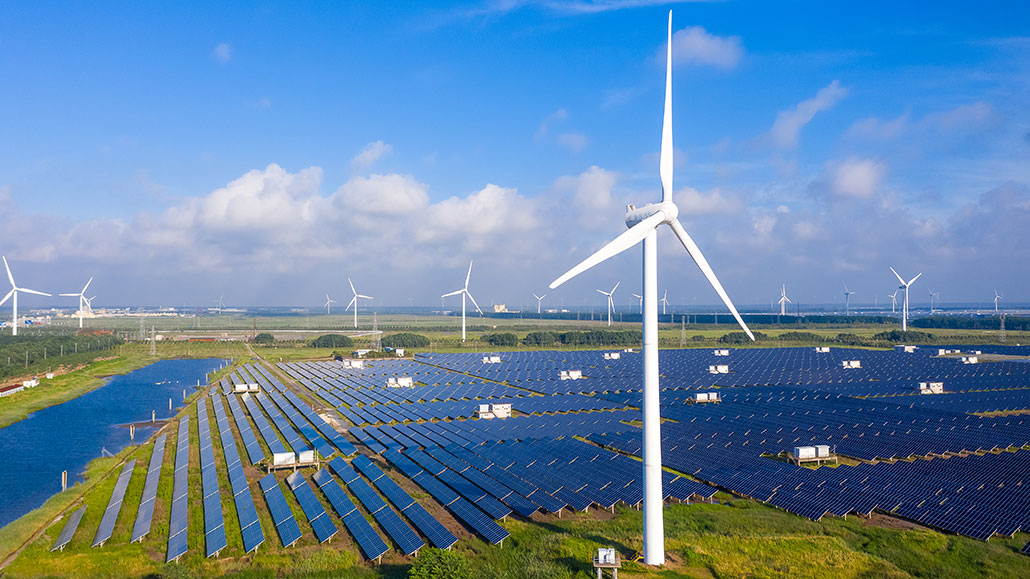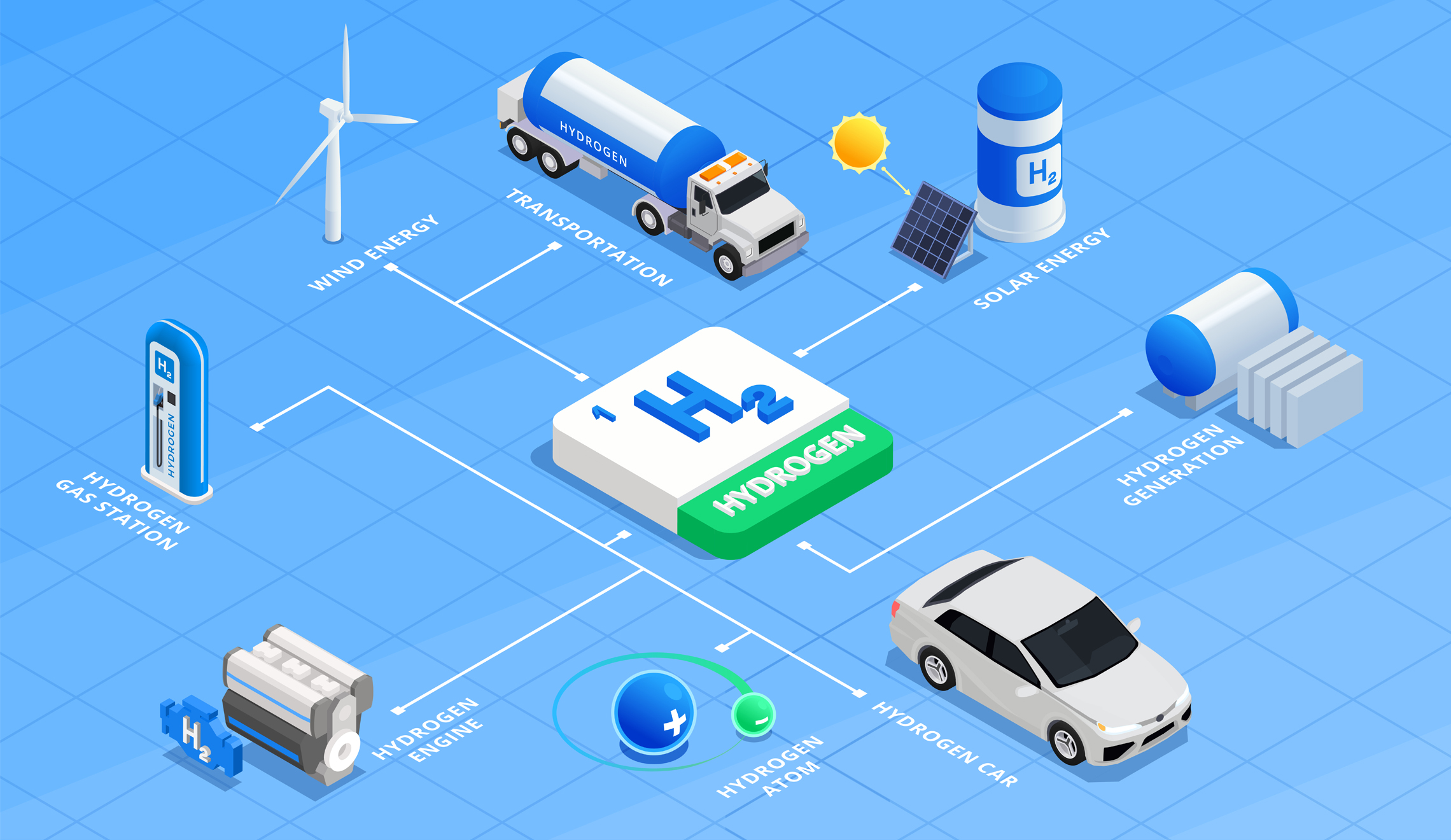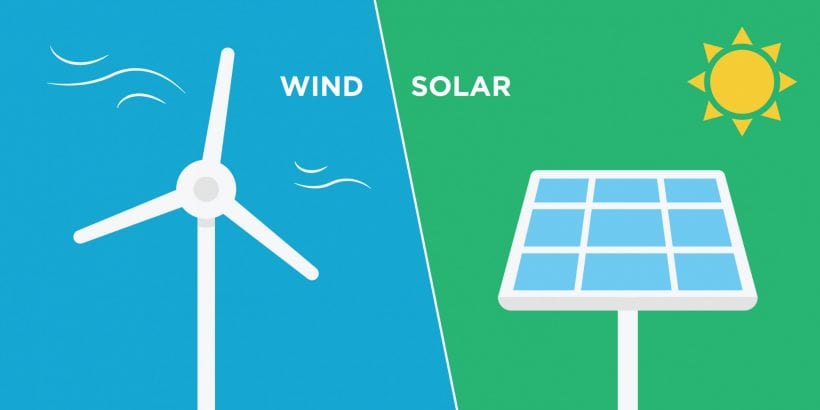Green Energy
Green energy refers to energy that is produced from renewable sources, such as wind, solar, geothermal, hydro, and biomass, that have a much lower impact on the environment than traditional fossil fuels. The primary benefits of green energy are its lower carbon footprint, reduced emissions, and improved air quality. Green energy technologies are rapidly advancing and becoming more affordable, making them an increasingly attractive alternative to fossil fuels. The development of efficient energy storage technologies and grid systems is helping to improve the reliability and stability of renewable energy sources, making them more accessible for everyday use. The adoption of green energy is essential for reducing greenhouse gas emissions and mitigating the effects of climate change. Governments, businesses, and individuals around the world are investing in green energy as part of their sustainability strategies.


Hydrogen Energy
Hydrogen energy is a promising source of clean energy that is attracting attention from governments, businesses, and individuals around the world. Hydrogen is a versatile fuel that can be used to power vehicles, generate electricity, and heat buildings without producing harmful emissions. Its potential as a zero-emission fuel has led many to believe that it could be a key element in the transition to a sustainable energy system. The use of hydrogen as an energy source is still in its early stages, and there are several challenges that need to be overcome to make it a viable alternative to fossil fuels. However, the development of new technologies, increased investment, and growing public awareness of the need for cleaner energy are driving progress in the field of hydrogen energy.

Solar and Wind Energy
Solar and wind energy are two of the most widely used forms of renewable energy, and their adoption is increasing rapidly around the world. Solar energy harnesses the power of the sun, while wind energy uses turbines to generate electricity from wind. Both technologies have a much lower environmental impact than traditional fossil fuels, and their adoption is critical to reducing greenhouse gas emissions and mitigating the effects of climate change. The benefits of solar and wind energy are many, including their abundant availability, cost-effectiveness, and low environmental impact. These technologies are becoming increasingly efficient and affordable, making them an attractive option for individuals, businesses, and governments seeking to transition to a more sustainable energy system.


